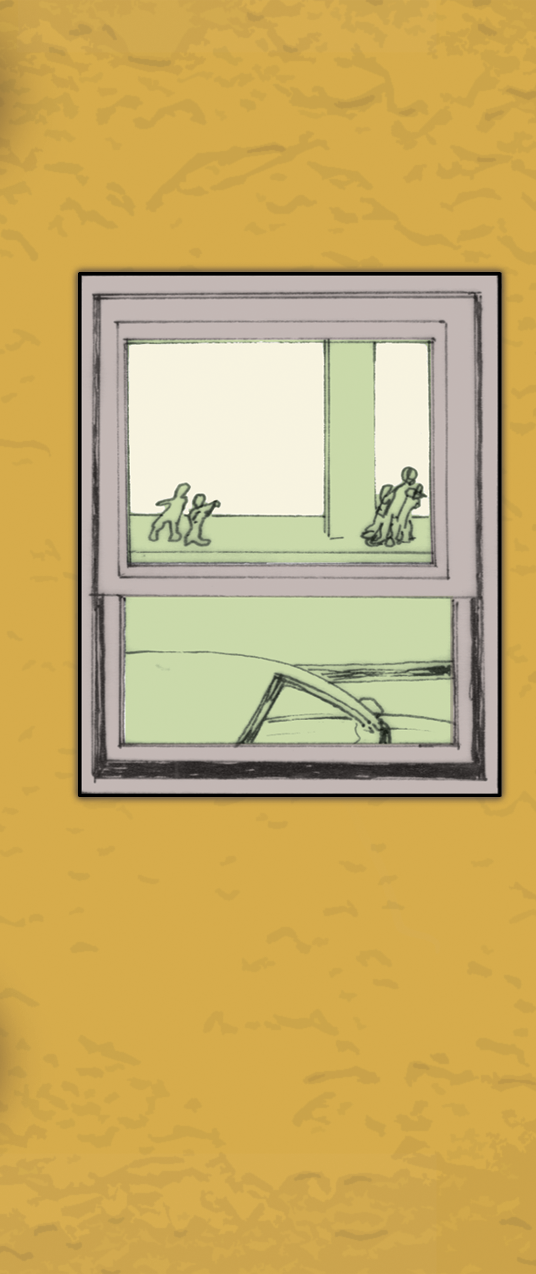Getting interested in the riddle of Sam Houston.
Sam Houston more or less considered himself a Native American. That seems like a contradiction to modern readers, because he was one of Jackson’s chief lieutenants, and Jackson is mostly known now for committing genocide against the Seminole. But this was the way of the world at the time, and Houston pledged his time and his allegiance equally between the US government and the Cherokee. He grew up with the Cherokee, married into their tribe, and essentially behaved towards them as we modern readers wish every Euro-American had. He appears to be the best of the “Indian Agents,” and Jackson was grooming him for President of America when he flipped out and went to live in Texas.
The Native Americans of the middle West appear to have had no problem whatsoever with slavery. This makes a lot of sense, when seen from their perspective. This explains why the Native Americans (I feel silly not typing “Indians,” because that’s what they were called at the time, or naming specific tribes like the Cherokee or the Creek or the Comanche, which is what I really should be doing, but I lack the knowledge to be that specific). Plantation slavery did not exist in their area. They thought of slavery as a small-scale, more personal thing, and did not differentiate between that and the other various forms of oppression that they encountered every day. Moreover, it was as easy to believe that black people were a different people from white people as it was to believe that the natives were a different species entirely than the white people.
Houston appears to have shared this attitude towards slavery. He didn’t want to participate in it or fight it as much as go someplace where it was irrelevant. I think he thought that slavery would hit the frontier and recoil. He was right, but it didn’t work out the way he wanted.
I think Houston thought that if he set up Texas as a country he could get the Indians a fair shake. He made a bargain with the slavers because he knew that plantation slavery would never take hold in Texas, and he believed from his personal experience that freedom would always be as close as the frontier. He was wrong, and he made the wrong friends, and he got to live long enough to see everything he loved destroyed. That’s what happens to good men in bad times.
